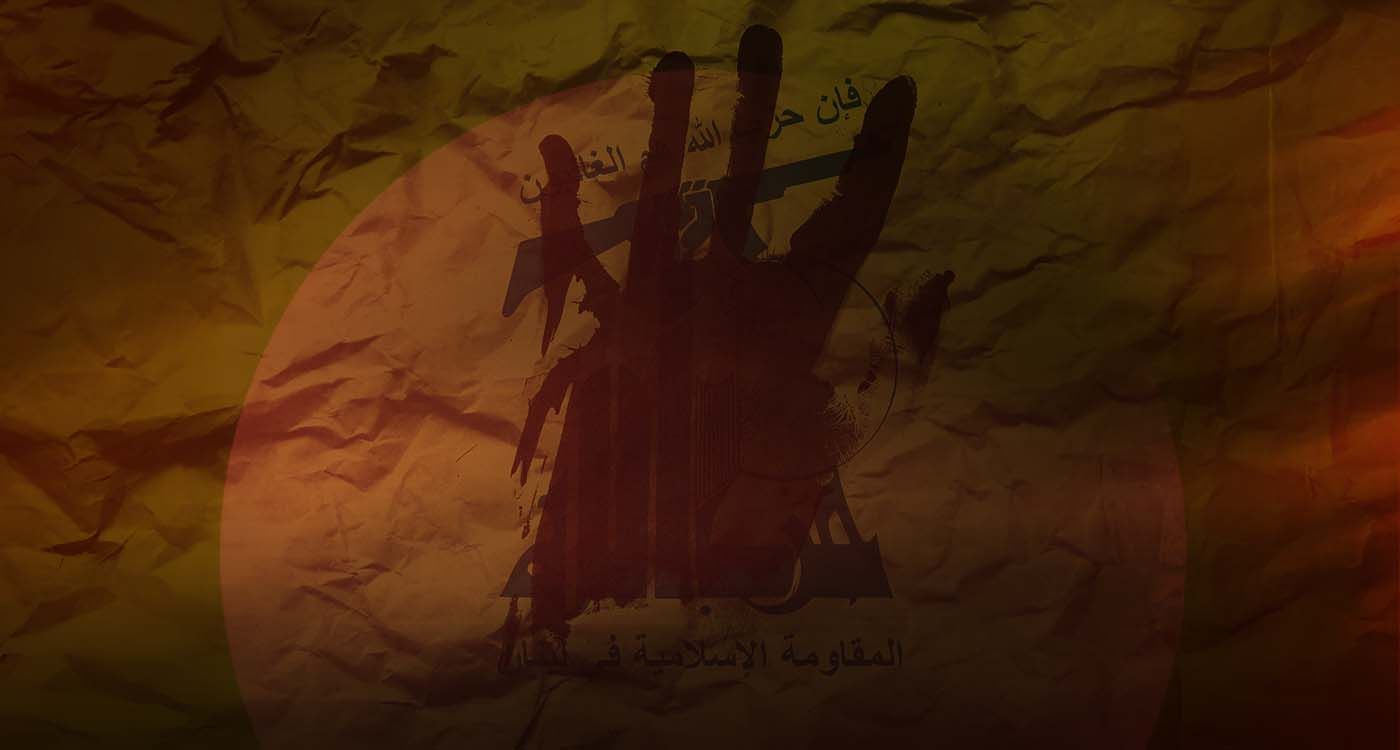
While all eyes are fixed on Hezbollah – the force that has dismantled the state, battered the country and decimated its people – another tumor is advancing quietly but steadily. It watches for openings, for posts waiting to be filled, for the countless assets available for acquisition, and the institutions ready to be dominated. Nothing could be easier in a country whose population has been driven into poverty, and which has lost much of its vital forces through the brain drain and the exodus of its youth.
This new threat has no visible form. It has neither a name nor a face. It consists of a network of disparate non-governmental organizations, funded by other NGOs which, according to some reports, can be traced all the way back to billionaire George Soros’s Open Society Foundations (OSF). The foundation bankrolls an ideological agenda grounded in a vision of society that is both left-leaning and globalist. There are also signs that China is beginning to assert itself on this front, subsidizing leftist organizations that were previously supported primarily by the OSF.
Karl Popper
The ideology of the OSF and its countless satellite organizations is primarily focused on globalizing society through the suppression of cultural identities and any form of particularism. It is grounded in the philosophy of Karl Popper, as developed in his book The Open Society and Its Enemies (1945).
Popper is sharply critical of Plato. He views Plato’s city – ruled by an elite – as a totalitarian nightmare in which the individual is sacrificed to the collective. Through its many NGOs, the Sorosian movement seeks to invert that Greco‑Roman tradition, placing the individual above society and the group. Cultural identity itself—its vital space, nations, and borders—must therefore be dismantled. For Popper, that is where the roots of twentieth-century totalitarianism lie, a tendency he also traces in the Aristotelian legacy to Hegel.
The Greco‑Roman and Christian heritage seems problematic to him. It is built on social cohesion, social groups, belonging, and cultural inheritance. In its essence, it stands opposed to the Marxist vision of the Open Society, in which the individual is stripped of all attributes and left to face the world and the law alone. Christianity is also unsettling, as it places the family at the heart of its social doctrine – even more so when positioned as a continuation of the Jewish and Greco‑Roman legacy. I have not come to abolish, but to fulfill, said Jesus (Matthew 5:17).
Tabula Rasa
The Open Society, however, promotes a clean slate. The past of the West is to be proscribed. It is patriarchal, misogynistic, imperial, colonial, racist, and fascist. This ideology equates the past with absolute evil. And it is probably here that it converges with Islamism, for which everything that came before it was Djâhiliyya – ignorance.
According to Popper, a closed, tribal society must evolve toward an open society. And in this natural evolutionary process, there is no turning back. Humanity is progressing toward greater openness, inclusivity, and cultural exchange. It would be unfair to question this reality that was correctly observed by Popper. Yet the transformation of this idea into an ideology that seeks to skip stages and impose – through force or money – what should have been a gradual evolution appears to be causing serious social disruptions.
The tendency to impose this model exclusively on societies with a Christian heritage also raises another question – how legitimate is this mission that claims to be philanthropic?
Karl Popper sees Plato’s political project as a utopia, while the ideology that today imposes a globalist vision, uprooted from the past and all historical reference points, is itself utopian. Popper also identifies certain strands of Western thought as being at the source of totalitarianism, while figures funded by the Open Society’s NGOs tend to practice totalitarianism wherever they can – in universities, conferences, and the media. Any voice that challenges their ideology is immediately censored and labeled as hateful or non-academic.
While the Open Society’s activities began in the countries of the Eastern bloc and contributed to their liberation, it is now turning its focus to the Western world. It seeks the dismantling of all forms of national, religious, social, or familial ties. It isolates the individual, placing him alone before the rule of law. Yet, in keeping with its wokist logic, it pursues a policy of racial preferences.
Lebanon
In Lebanon, this movement is even more dangerous because it is harder to detect. Its supporters are often unaware that they are part of the wokist ideology. Believing that they have little interest in gender theory, they do not realize that they are playing into the hands of wokism. Convinced of the backwardness of the Lebanese confessional system, they seek to move from the tribal model to an open society that guarantees freedom and equality. Once again, their efforts focus exclusively on the Christian community, seen as the main obstacle due to its mentality, perceived as conservative, supremacist, isolationist, and racist.
Their NGOs gained even greater influence following Lebanon’s economic collapse in 2019, which plunged families and institutions into widespread poverty. They were then able to provide financial support to Christian schools and universities, as well as to the media. Through this support, affiliated professors are gradually taking control of universities and beginning to embed their ideology.
The most prominent of these NGOs, which deny their ties to the OSF, have already inflicted significant damage on both politics and the banking sector. By rallying around the slogan Kellon Yaané Kellon (“all of them without exception”), they lumped the good in with the bad and destroyed any sense of judgment. They deliberately diverted attention away from the political problem of Hezbollah, shifting the focus entirely onto corruption. It is even alleged that they opened channels of collusion with Hezbollah.
University
These NGOs have contributed to the destabilization of the banking sector, aiming to replace it with their own. They have sought to buy state assets at ludicrous prices, set by their own committees within prestigious universities from which they derive their legitimacy. They have also moved to seize control of state mechanisms by building ties with the most corrupt officials and tightening their grip on the media.
In addition, they have established several propaganda tools, including media platforms that openly acknowledge being funded by the OSF. They have expanded their influence through control of television programs hosted by their prominent members. The current president of one of these NGOs regularly appears on French television and at conferences of cultural and political institutions, even reaching the Senate.
To assert its influence over Lebanese society, this movement has set its sights on the law and political science faculties of Christian universities. It aims to indoctrinate students with globalist, anti-identity ideas in their most left-leaning form, fostering self-hatred through the rewriting of history. Above all, it shows exceptional skill in law and rhetoric.
Any dissenting voice is instantly intimidated, dismissed, and censored under the guise of failing to meet academic standards. Professors not aligned with this ideology fall in line, aware that those who control the funding hold the reins of power. Once all opposition is silenced, the ideology will take over universities and media platforms, bringing the youth under its influence—indoctrinated or disoriented.




Comments